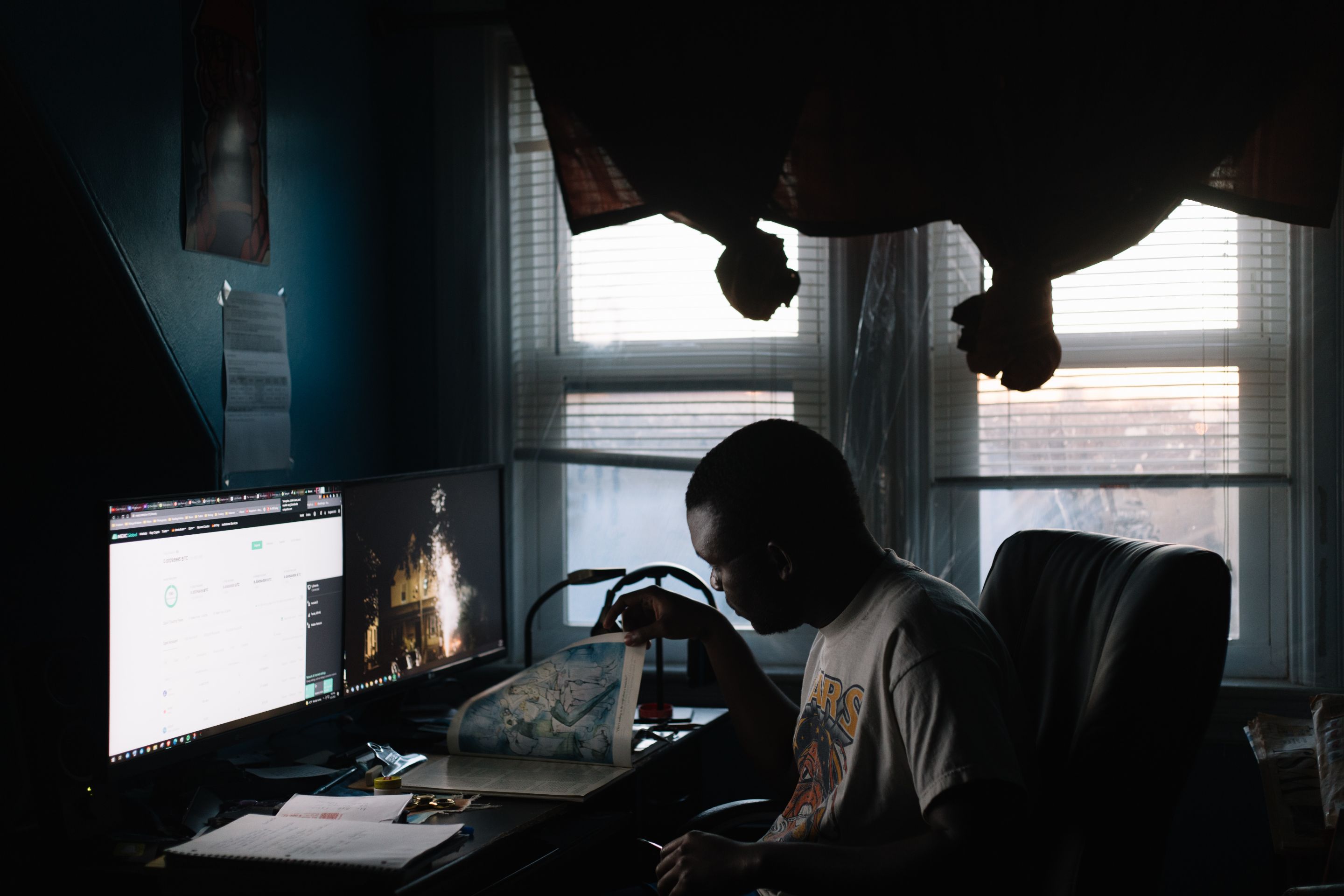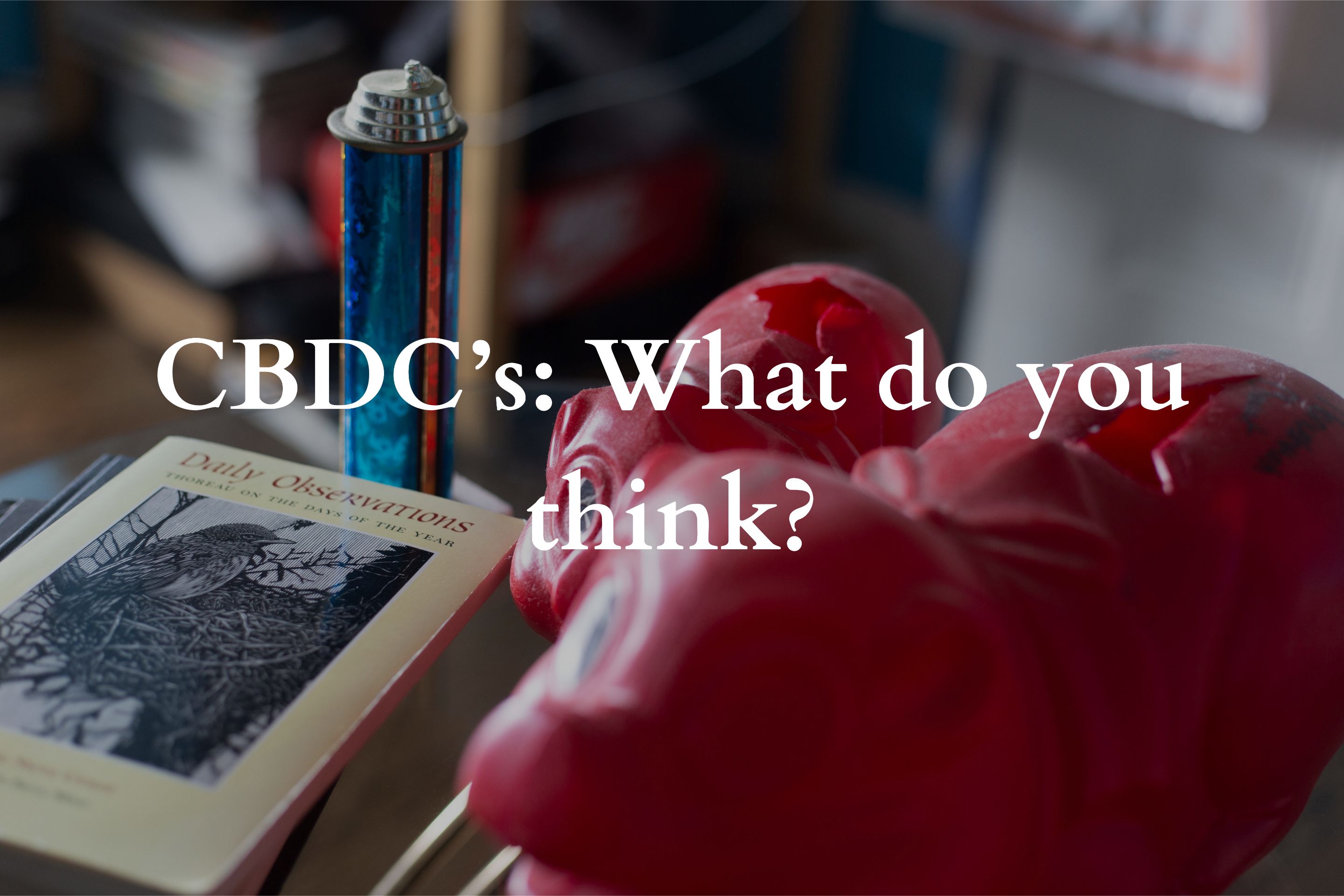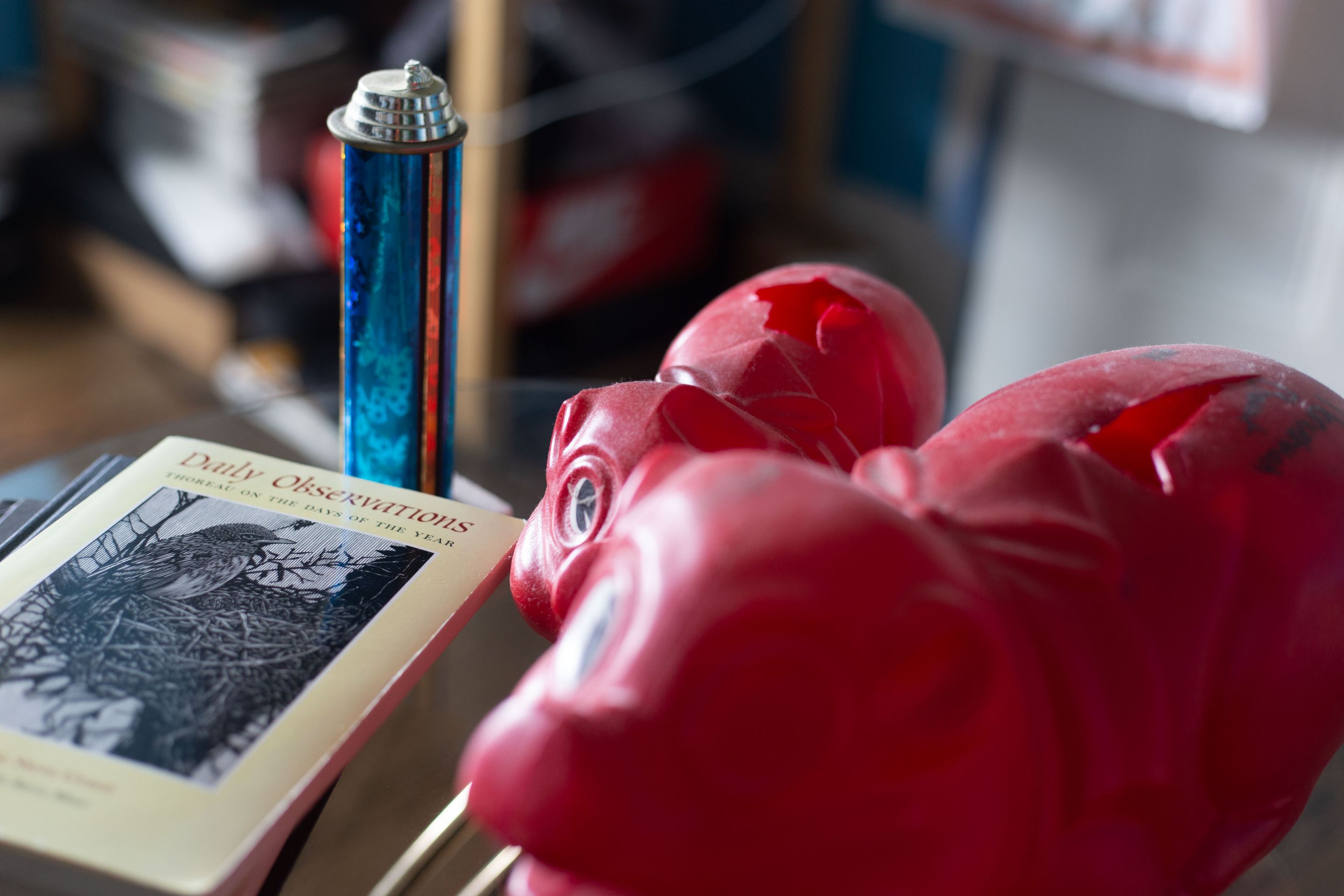
How The Kid Got Into Crypto
I write occasionally on the nature of cryptocurrency, from an end user’s perspective. I began my journey in cryptocurrency seven years ago, many of you might not know. I was a sophomore in college, who received an internship by the grace and respect of a member from my church. We’ll call him Preston.
Preston is a nice guy; he enjoys beekeeping and outdoors activities much more than average man. He even moved to Idaho to take over his parent’s small farm. He played a part in landing my a low-responsibility service desk clerk job at the law firm where he practiced.
Now, one fateful day, while I distracted myself with my personal devices, much like I am now, I opened Instagram to find an interesting video reel. I hadn’t the slightest idea what was taking place, but an online friend we’ll call Brad, informed me that he was, in fact, mining Bitcoin with a series of rigs in a dedicated room.
All that jargon flew over my head, but I could tell that someone wouldn’t be so invested in a meaningless pursuit. I wasn’t particularly busy, so he scheduled another call with me the next day to dive into burgeoning industry that involves crypto.
I recount this story to visit a particular question: am I for or against a Central Bank Digital Currency? Now, I see the acronym enough to weigh in on the matter, though I’m more particularly engaged with recruiting support for my artistic endeavors which include but aren’t limited to: a pulp fiction novel on loneliness, a growing collection of books, a photo project of 150 people in my network- the list goes on.

Answer The Question
I am not particularly interested in a Central Bank Digital Currency. I think it wouldn’t even do anything for assets if my state of residence or even birth picked it up. I feel as though crypto as an industry and individual assets wouldn’t necessarily reflect the a change from what would otherwise be significant adoption.
I want to take a second to envision that. I’ve spent the better part of seven years telling all my friends, people on the Internet- essentially anyone who will listen- to follow me on my blog. They’ve all had their reasons: crypto is risky, it’s not regulated, I don’t know what to write about, post, and so on and so forth. So, the skepticism I reserve shouldn’t be too hard to imagine. You think the same people are suddenly going to download digital wallet apps and buy NFTs, just because the U.S. government digitized their dollar?
I don’t.
Yet, there’s more to the story than that. Without very much research, I assumed a country launching its own digital currency or one that adopts Bitcoin as its national currency would be teeming with opportunity and ambitious people looking to participate. The Forbes article disagrees.
While Venezuelans can transact with these options, David G.W. Birch, author of the article, as well as myself are both surprised to learn they’re using Zelle. About 1 in 8 people do, while more than half are still transacting using cash. This author remains dubious that Americans would behave any differently.
Birch did make one comment that I could agree with: people want dollars. Whether the reason involves its ease of use or ease of access, I would not mind conceding that crypto does not fit in everyone’s wallets. Better yet, as the second option by which people find dollars, crypto could cement itself as a diversification from an ever decreasing value in the dollar.
Birch goes onto defend the CBDC by arguing there’s a ton of value to capture from the scale. Global trade in 2022 totaled $32 trillion, with the dollar hosting one side of almost three-quarters of those transactions. He has more numbers, but it only emphasizes one thing: the dollar is everywhere.
So, CBDC’s are excellent in that they could capture a lot. That’s only one of the issues involved, however. I’m with the libertarian side of crypto that argues, a central bank’s ability to peer into the transaction history of its users remains one of the most dystopian, controversial suggestions ever. The suggestion exists as a result of the concept of the CBDC which explains why I stand as an opponent.

I don’t have money to begin with. Imagine if the bank then, could see my account’s history, and bar me from purchasing, say a cheeseburger from McDonald’s because I still owe Canva or Lightroom. I might actually die for my art!
A hypothetical that I would not like to see become literal, the CBDC represents a great many things to many individuals. For the people of certain countries, it might represent a boon by which they could escape hyperinflation. For others with different privileges, surveillance and privacy change from plots of dystopian novels to impending realities. I’m not entirely convinced that the vehicle serves my purpose so don’t expect this author to champion that kind of change in Washington.
I would still like your vote, though.